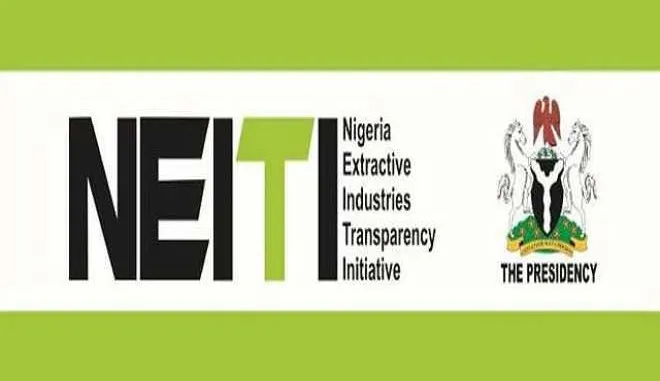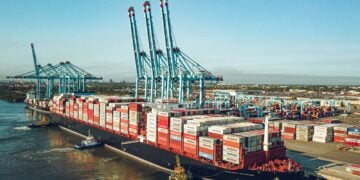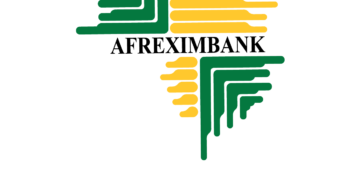The Nigeria Extractive Industries Transparency Initiative (NEITI) said it has made important strides in engaging international communities for collaboration with the agency.
NEITI’s executive secretary, Dr. Orji Ogbonnaya Orji, who made this known, said that prominent diplomatic missions in Nigeria, at a recent meeting in Abuja, pledged their support and readiness to strengthen NEITI’s commitment in offering technical assistance, pursuing governance reforms and deepening its involvement in Nigeria’s oil, gas, and mining sectors.
According to him, the diplomatic missions include the Ambassador of the Kingdom of Belgium to Nigeria, Mr. Pieter Leenknegt, the High Commissioner of Canada, Mr. James Christoff, and the Chargé d’Affaires of the Australian High Commission, Ms. Leann Johnston.
The Ambassadors explained that they have closely followed NEITI’s reports and activities in the extractive sector with keen interest. They also noted Nigeria’s commitment to implementing the global Extractive Industries Transparency Initiative (EITI).
The Ambassador of the Kingdom of Belgium to Nigeria, Mr. Pieter Leenknegt, particularly commended the quality and depth of NEITI’s recently released 2021 Oil, Gas, and Solid Minerals Industry Reports, praising the groundbreaking disclosures on outstanding remittances to shore up government revenue, the incisive findings and recommendations, and NEITI’s overall courage in public disclosures to enhance transparency and accountability in the sector.
The Belgian envoy pledged his country’s support to NEITI, with a focus on capacity building to expand its operations into the Solid Minerals sector in a manner that attracts investors, especially from Belgium. Mr. Leenknegt expressed contentment with the meeting, recognising Belgium’s interest in the global implementation of EITI.
The High Commissioner of Canada, Mr. James Christoff, welcomed Nigeria’s implementation of the EITI and identified the Solid Minerals sector as an area of special interest to Canada. He emphasised that collaborating with a reputable agency like NEITI would provide his mission with reliable information and data to assist potential Canadian investors in making informed business decisions.
Mr. Christoff noted that as a supporting country to the global EITI, the Canadian High Commission in Nigeria is willing to partner directly with NEITI in the areas of information and data sharing, training, capacity building, and providing technical support.
The High Commissioner expressed his contentment with NEITI’s close collaboration with Civil Society and the Federal Ministry of Solid Minerals Development in combating illegal mining activities through policy reforms and coordination.
The Australian High Commission Chargé d’Affaires, Ms. Leann Johnston, welcomed Nigeria’s new policy on economic diversification and expressed confidence in NEITI to support this initiative with reliable information and data in the Extractive Industries. She noted NEITI’s reports so far inspire confidence.
Responding to these envoys, Dr. Orji, reaffirmed NEITI’s commitment to tackling obstacles and working with relevant ministries to open the solid minerals sector to the public engagement and debate required to implement groundbreaking reforms. He announced that NEITI will support the Ministry of Solid Minerals Development in reforming and repositioning the sector as an alternative revenue source.
He described NEITI’s international affiliations, civil society partnerships and government ownership as major strengths. He announced NEITI will prioritise the solid minerals industry, which contributes less than 1% to GDP.
Dr. Orji expressed delight in the renewed interest and support from the Belgian, Canadian and Australian embassies.
Established in 2004, the Nigeria Extractive Industries Transparency Initiative (NEITI) is the key anti-corruption agency at the Presidency responsible for enthroning transparency, accountability and governance of the country’s oil, gas and mining industries. NEITI is a member of the global extractive industries transparency initiative(EITI) being implemented in 57 countries with International Headquarters in Oslo Norway.





